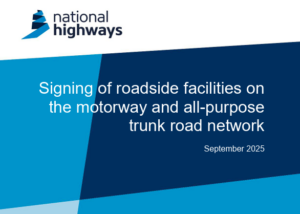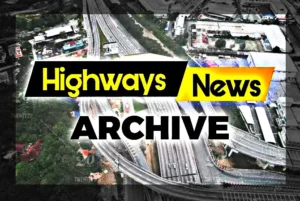Highways England has been working with virtual reality specialists MXTreality to create a training facility for its traffic control room operators to help them understand in more detail the impact of their decisions on motorists.
Working closely with the HE training team MXTreality devised five common real-world scenarios, which would be experienced by the operators in an immersive environment using headsets and binaural audio through integrated headphones to increase the sense of realism.
This was the first training programme delivered by HE in this way and it quickly demonstrated the advantage of not just explaining how Variable Signs & Signals (VSS) work, but allowing operators to experience how their use effects traffic flow and how decisions impact driver satisfaction.
During the session, and regardless of how many times the scenarios were run, they were always the same and this 100% consistency of delivery ensures the performance of operators in different locations, training at different times can be compared to their colleagues, to provide the trainers with valuable feedback.
The programme lasted around 25-minutes and was delivered at the regional control centres, with a small group of operators undertaking the training at the same time.
“Training programmes of this nature are typically delivered in the classroom, often taking people away from their day job, with a lot of paper-based collaterals, training videos and whiteboard sessions. Despite the best efforts of trainers, engagement can be a challenge, especially with drier subjects. But HE is an innovative organisation and recognises the benefits afforded by VR,” said Toby Pettinger, Managing Director of MXTreality.
“Instead of taking more than 400 mission critical operators out of their control rooms for a day, sending them to a training centre and paying for accommodation, we were able to bring the training scenarios to them, with the timings of each session planned around the operational priorities on the day.”























